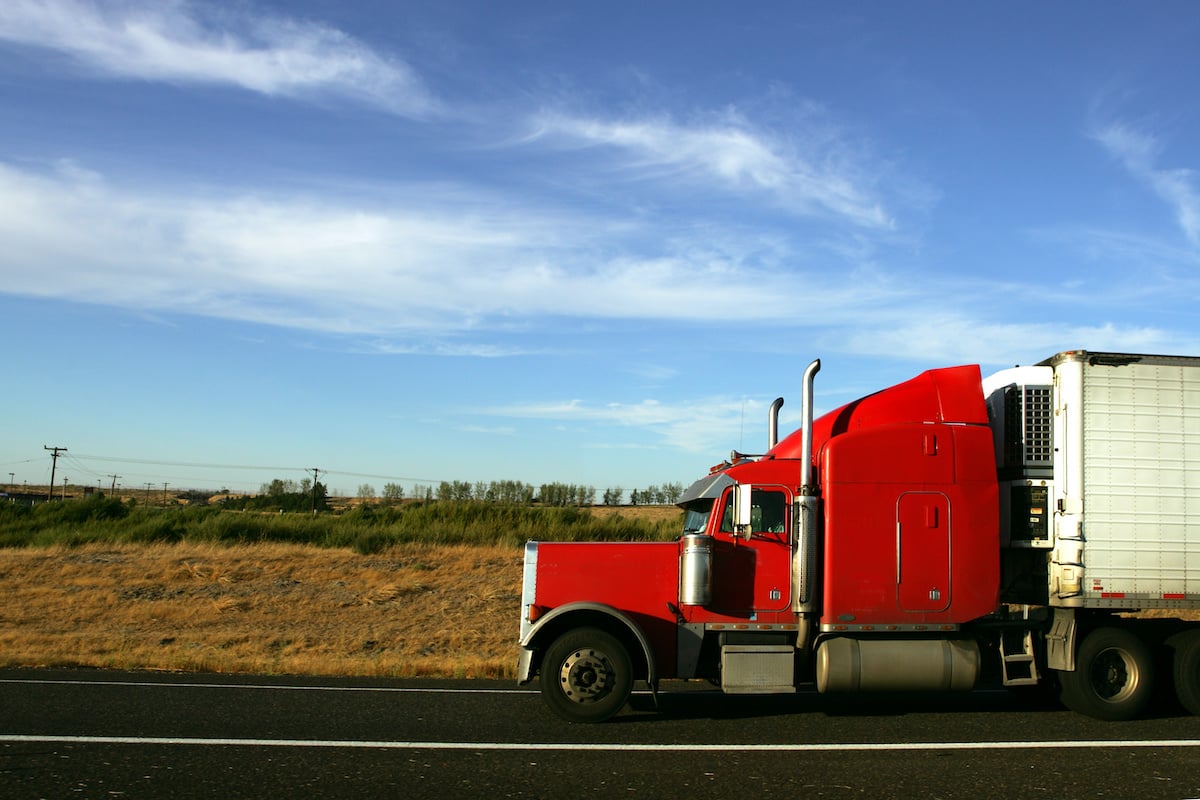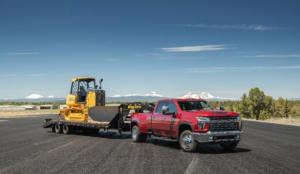Introduction:
Commercial trucking insurance is a crucial component of the transportation industry, protecting businesses from potential financial losses. Understanding how insurance costs are determined is essential for trucking companies seeking comprehensive coverage at competitive rates. In this blog post, we’ll explore the key factors that influence the cost of commercial trucking insurance.
- Driving Records and Experience: One of the most significant factors impacting insurance costs for commercial trucks is the driving records and experience of the truck drivers. Insurance providers assess the past driving history of the drivers, including any traffic violations or accidents. Trucking companies with drivers who have a clean driving record and ample experience are considered lower risk and thus can secure insurance at more affordable rates.
- Cargo and Freight: The type of cargo and freight being transported is another crucial element that insurers consider. High-value or hazardous materials increase the risk exposure for insurance providers, leading to higher premiums. Freight that requires specialized handling or has a higher chance of theft or damage can also impact insurance costs. Trucking companies must provide accurate details about the nature of their cargo to ensure appropriate coverage and pricing.
- Safety Measures and Equipment: The safety measures implemented by trucking companies can significantly influence insurance premiums. Insurers assess factors such as the maintenance records of the vehicles, installation of safety features, and adherence to industry regulations. Companies with robust safety protocols, including driver training programs, regular vehicle inspections, and electronic logging devices (ELDs), demonstrate a commitment to risk mitigation. Such proactive measures can help lower insurance costs.
- Radius of Operation and Distance: The geographic area in which a trucking company operates and the average distance traveled are considered when determining insurance rates. Companies that primarily operate within a smaller radius or have shorter hauls may benefit from reduced premiums. This is because the exposure to risks, such as accidents or theft, may be relatively lower compared to long-haul trucking companies that cover vast distances.
Conclusion:
The cost of commercial trucking insurance is influenced by various factors that collectively assess the risk exposure faced by trucking companies. By prioritizing driver safety, implementing robust risk management strategies, accurately representing cargo and freight details, and considering the radius of operation, businesses can take proactive steps to secure competitive insurance rates while ensuring comprehensive coverage. It is advisable to work closely with experienced insurance brokers who specialize in commercial trucking to navigate this complex landscape successfully.





